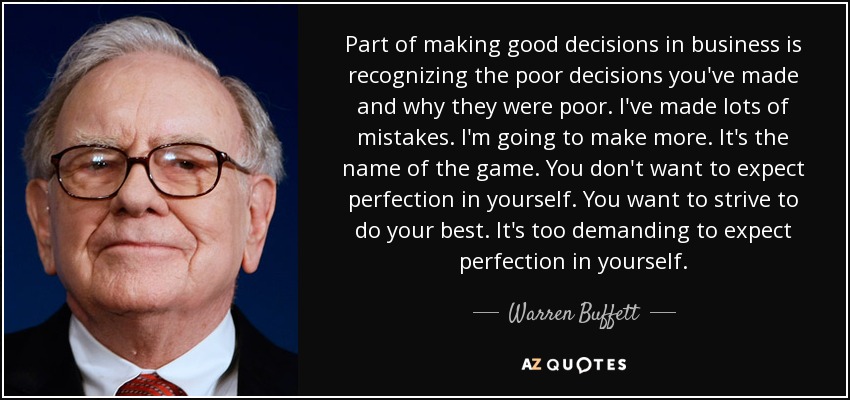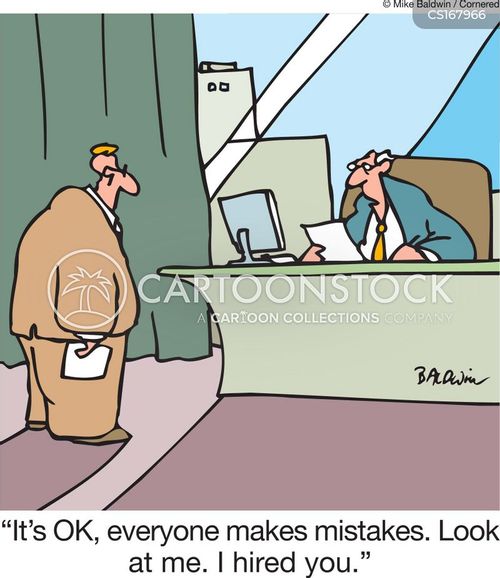
Researchers also investigate the relationship between scarcity and decision-making and conclude that different sources of variation used to identify different households are substantial and predictive of their consumption levels and living conditions. Furthermore, across all item pairs, only 35 percent of participants traded the endowed item on average. And you’re going to lose the respect and trust of your team. Previous research predicted that the poor. The existing literature on cognitive biases and heuristics is extensive, but this post is a user-friendly summary. In general, heuristics and biases describe a set of decision-making strategies and the way that we weigh certain types of information. trading rates below 50 percent) for rural farmers. But if you’re unable to learn, or to break the pattern of poor decision making, you’re going to struggle to get things done. It is also associated with behavior that can reinforce poverty, such as status consumption and social withdrawal. The reasons for our poor decision making can be a consequence of heuristics and biases. Results show that strong and robust evidence for the existence of exchange asymmetries (i.e. After pushing interest rates up at a blistering pace 10 straight hikes over 15 months the Federal Reserve on Wednesday opted at its latest meeting to take a pause. Here, participants get one out of two equally valued items and at the end they are offered to trade/exchange them for the other. These experiments focused on behavior in one of the most basic economic decisions: the exchange of goods.
POOR DECISION MAKING TRIAL
In this paper, researchers use multiple resources of variation in households’ financial constraints – “scarcity” – to show that scarcity improves decision-making in a real-stakes decision with immediate payoffs and that these decision patterns can be explained by decision stakes: when households are poorer, the same decision is more consequential and so, decisions move closer to the normative benchmark.Įvidence comes from decision experiments with 3059 small-scale farmers in rural Zambia over 14 months that were embedded in an ongoing randomized controlled trial on credit access and labor supply that involved repeated surveys over multiple years (see Fink, Jack and Masiye, 2018).

To get a grip on the extent of this, multiple approaches have been developed and investigated, however, evidence on how and why the availability of financial resources affects decision-making is largely missing. But if you’re unable to learn, or to break the pattern of poor decision making, you’re going to struggle to get things done.

In the case of Barings Bank trader Nick Leeson and. When combined, the results indicated that although being confident entails a reward-like component, it can lead to overconfidence which in turn can undermine decision making, the researchers concluded in the paper published in the journal Social, Cognitive and Affective Neuroscience.Individual decision-making is prone to behavioral biases and deviations, especially among the poor. What is the cost of poor decisions asks a new book by Wharton faculty entitled, Wharton on Making Decisions. “However, too much confidence was associated with lower metacognitive ability,” added Fynn-Mathis Trautwein from the Max Planck Society - a non-profit association in Germany. “The more confident people were about their performance, the higher the activation in brain areas such as the striatum, a brain area often associated with reward processing,” said lead author Pascal Molenberghs from the Monash University in Victoria, Australia. The researchers then measured how good people were in evaluating their own accuracy in a process called metacognition. Subsequently, people indicated how confident they felt about their response being correct. Read: Why people pass the buck when needed to make decisions that affect others

People vary widely in their awareness of their metacognitive ability - a higher order thinking which involves active control over the mental processes engaged in learning - and in general are too confident when evaluating their performance, the researchers said.įor the study, the team analysed a social cognition task, where volunteers watched a video of a person narrating a story and following that they answered a question about what the person said in the story.

People vary widely in their awareness of their metacognitive ability - a higher order thinking which involves active control over the mental processes engaged in learning - and in general are too confident when evaluating their performance, the researchers said. Factors that limit the ability to make good decisions include missing or incomplete information, urgent deadlines, and limited physical or emotional resources. Second, express comments as a suggestion, not as a mandate. Overconfident individuals can often be poor in decision making with potentially disastrous consequences, says a study. First, focus feedback on the decision or discussed strategy, not on the individual.


 0 kommentar(er)
0 kommentar(er)
